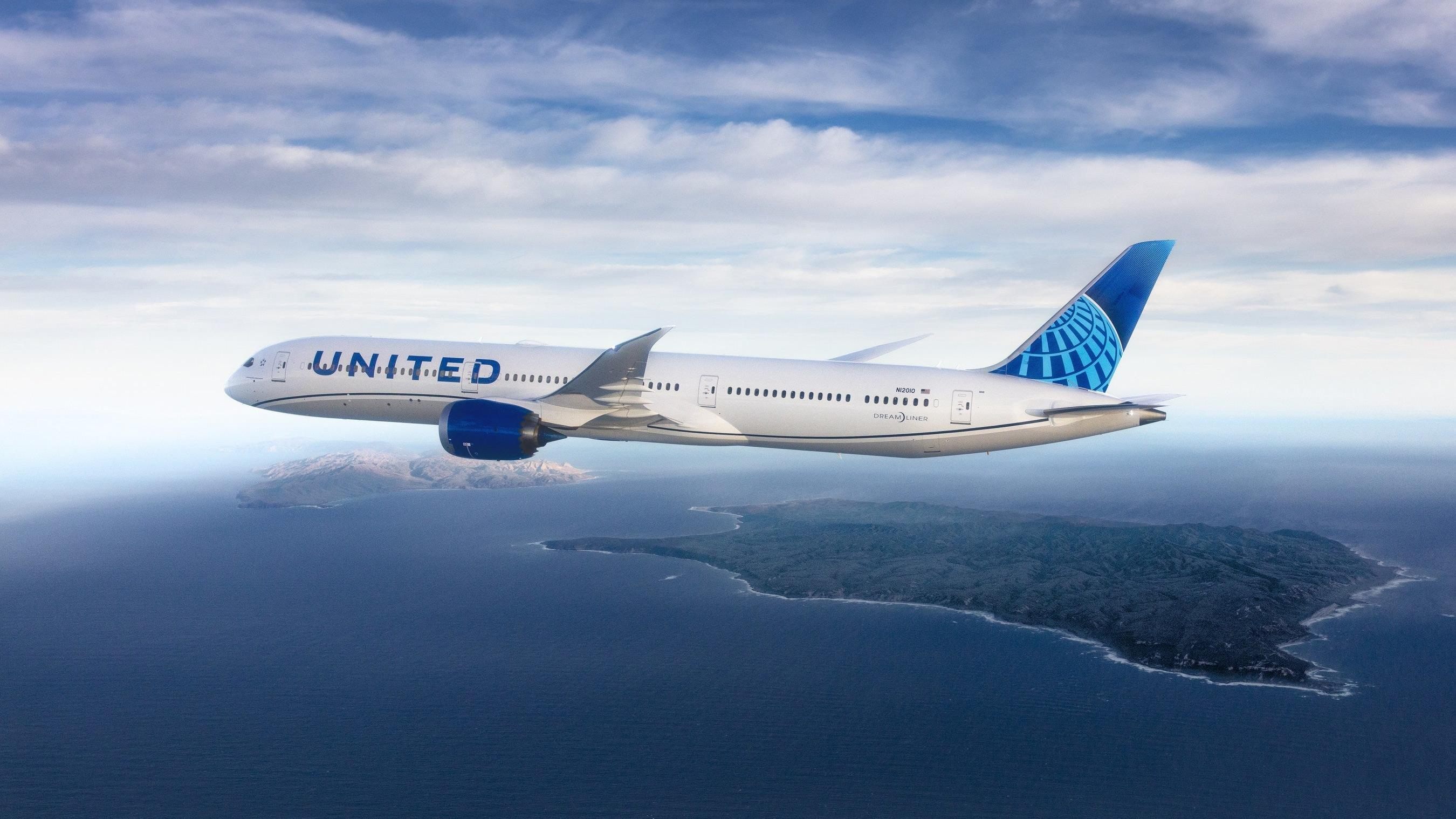United Just Placed The Biggest Order For Widebody Planes In U.S. History
The U.S. carrier placed an order for 100 Boeing 787 Dreamliners, with options to purchase 100 more.
United Airlines announced it has placed an order with Boeing for 100 787 Dreamliners, with options to buy another 100 planes. That's the largest single order of widebody airliners by a U.S. carrier in the history of commercial aviation. Today's announcement puts United's order backlog up to 700 aircraft, all intended to be delivered over the next decade. United hopes to position itself as the number one airline in the United States and the world.
United Airlines will completely replace the aging Boeing 767 and 777 aircraft in its fleet with Boeing 787 Dreamliners. The airline currently has 96 777s in its fleet with an average age of 19.3 years old, as well as 53 767s with an average age of 25.2 years old. United aims to phase out all of its Boeing 767s by 2030, and expects the newer planes will reduce its carbon emissions by 25 percent per seat.
The airline will be receiving new planes at a tremendous rate. United says, out of 700 aircraft on order, it expects to take delivery of "an average of more than two every week in 2023 and three a week in 2024."
Gerry Laderman, United's EVP and Chief Financial Officer said:
"This order solves for our current widebody replacement needs in a more fuel-efficient and cost-efficient way, while also giving our customers a best-in-class experience. And if the future of long-haul flying is as bright as we think it will be, United is able to capitalize on those opportunities by exercising these new widebody options – I look forward to the incremental margin and earnings these aircraft will generate."
United CEO Scott Kirby has a bold declaration about the order, saying, "United emerged from the pandemic as the world's leading global airline and the flag carrier of the United States" — a non-so-subtle shot at United's rivals, American Airlines and Delta Air Lines. While his words might seem ridiculous at face value, United replacing most of its fleet with newer, longer range and more fuel-efficient aircraft helps to future-proof the carrier. The industry as a whole is transitioning to more point-to-point, non-stop services over hub-and-spoke travel. United has now put itself at the forefront of that transition.
